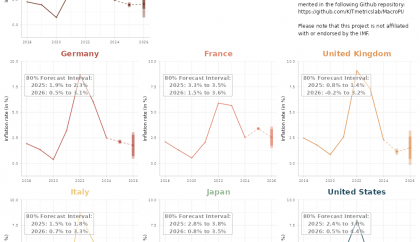
Forecasting made Simple and Transparent
From politicians and businesses to unions and individuals, many stakeholders are closely watching how economic conditions are likely to unfold in …
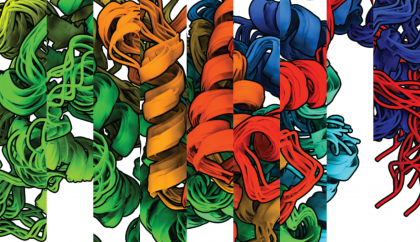
Predicting the Ever-Changing World of Protein Dynamics
In July 2025, a team of researchers from HITS and the Max Planck Institute for Polymer Research (MPIP) developed a model …
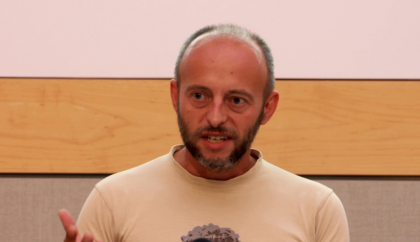
Phylogenetic trees, biodiversity and research policy: “Highly Cited Researcher“ at HITS
For ten years running, computer scientist Alexandros Stamatakis from the Heidelberg Institute for Theoretical Studies (HITS) has been identified as one …
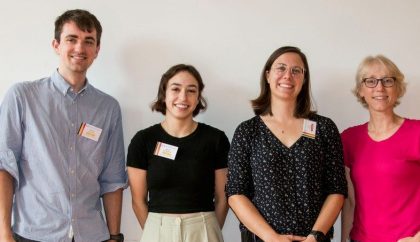
TOS and SET Group at the MESA Summer School 2025
The TOS and SET groups were strongly represented at this year’s MESA Summer School, held at KU Leuven, Belgium, from 21…
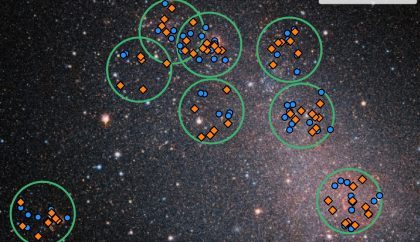
Massive stars also partner in metal-poor environments
Massive stars in metal-rich galaxies, such as in our own Milky Way, often have close partners. That this is also true …
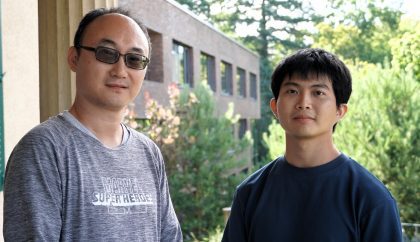
Supernovae and cosmological impact
Humboldt Fellow from Taipei, Taiwan, at HITS – Invitation by the Physics of Stellar Objetcs group HITS has welcomed a new Alexander …
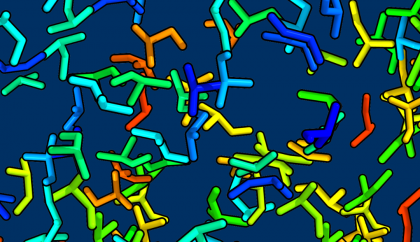
Floppy and flexible: How Machine Learning helps to build new proteins
A team of researchers from the Heidelberg Institute for Theoretical Studies (HITS) and the Max Planck Institute for Polymer Research (MPIP) …
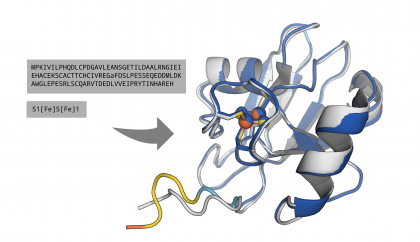
New Infrastructure for AI-based biomacromolecular structure prediction
The newly established Bio-Structure Hub at the Heidelberg University Scientific Software Center (SSC) provides an accessible entry point into the world …
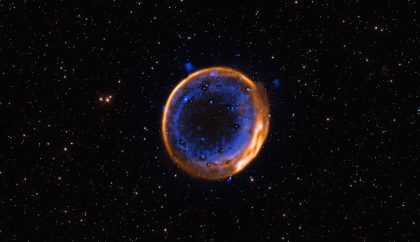
Double detonation: new image shows remains of star destroyed by pair of explosions
For the first time, an international team of astronomers have obtained visual evidence that a star met its end by detonating …

The faster they rotate, the more magnetic they become
Rotation rate and magnetic fields: Binary stars behave significantly different from single ones. A new study in “Nature Astronomy” investigates their …